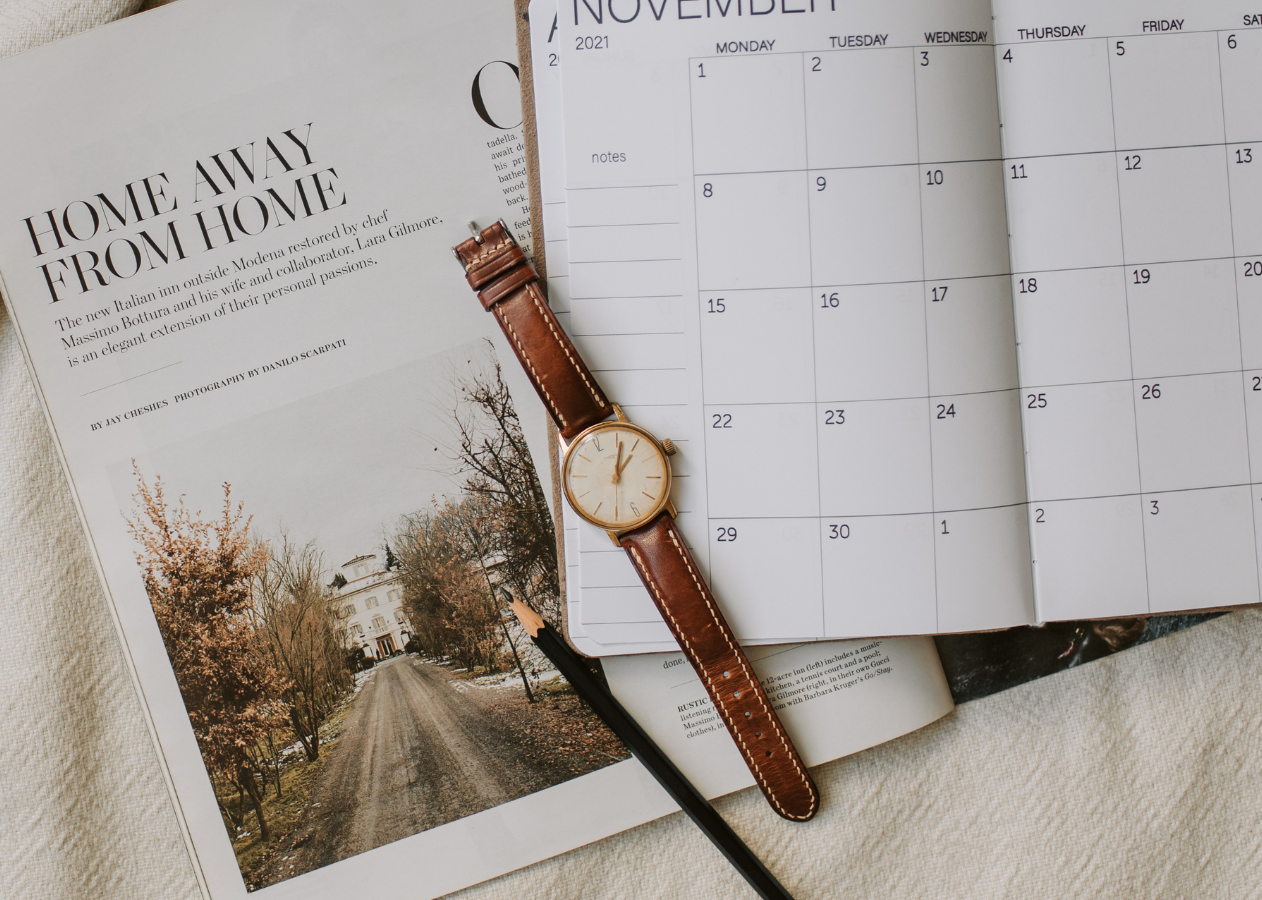To be here now does not mean that we do not make plans but that we learn to give the making of future plans only a small amount of energy. And once future plans are made, we release our attachment to them.
Thich Nhat Hahn
Almost immediately after I walked across the stage to get my diploma bearing my name above the title Bachelor of Arts, a subtle sense of unease came about: I didn’t know what my next steps were going to be. From preschool onward, we’re given a template and a run-down for how the next decade of our life is supposed to play out. Many of us follow this template religiously — we go to school, we receive the awards, do the extracurriculars, graduate, go off to college, and then graduate again (and maybe do the college and graduation thing a third time if you feel inclined). There’s little room to deviate from said template; it’s straightforward and the path beaten which means you never have to stress or worry about how this path will unfold. Because of this, many people who, like me, either made no plans for the next phase they’re about to enter or are actively choosing to deviate from the template will feel completely lost.
There’s a collective agreement that you must know precisely what you are doing with your life. No ifs, ands, or buts about it. If you don’t know, you better find out and fast because uttering the words “I don’t know” in response to the unavoidable questions that fall under the umbrella of “what next?” is likened to a criminal offense and met with an air of contempt.
“There’s no denying the effectiveness of having plans and goals; they help you gain clarity and take actionable steps toward manifesting your desires. However, planning is becoming more of a hindrance than it is a benefit…”
As a result, we live in a culture that teaches you to plan. Plans are usually accompanied with goals — short term and long term — that will inch you closer to the plans you set forth for your future. Through these practices, you get in the habit of setting your precious sights on obtaining various tangible objects and reaching milestones in the future. This is essential to lead a productive life. There’s no denying the effectiveness of having plans and goals; they help you gain clarity and take actionable steps toward manifesting your desires. However, planning is becoming more of a hindrance than it is a benefit, especially when we attempt to plan far in advance (i.e. the popular notion of five-year plans or ten-year plans). When we have a hyper-fixation on the future, we neglect being present with what is right in front of us. Our attachment to incessant, confined goal-setting and planning has primed us to believe that we can defeat what we all fear: the unknown.
Contrary to popular belief, abandoning the practice of strategically planning out your life can be worthwhile. After all, we aren’t fortune tellers. How many of us were dumbstruck after the COVID-19 pandemic hit and the majority of our planning went down the drain? We can’t possibly account for every detail that’ll infiltrate our lives. Life is too dynamic and too fluid to be intricately planned in advance.
“One thing I know to be true beyond the shadow of a doubt is this: the surest way to fail in life is to set a goal.” This statement was met with a collective laugh from the crowd that sat before Emmanuel Acho, in his mustard yellow suit complemented by his commanding stature. What followed was Acho taking us through a long-story-short recount of how one goal, in which he reached, led to his detriment and later skepticism of goal-setting and planning.
The conclusion to Acho’s Ted Talk was the fact that goals can be limiting and we should instead recruit the full range of life’s possibilities by setting forth simple intentions. Acho’s example of this was Metallica’s Kirk Hammett, an Grammy winning artist. Though Hammett was conventionally successful through the awards and accolades he was able to acquire, he never planned for them. Instead, he had a simple intention: “I just want to play my guitar a little bit better everyday.” This intention wasn’t constricting as is with goals; it’s open-ended, which allows anything beyond his imagination to take place. So easing up on the practice of goal-setting and planning as we know it isn’t a ticket to aimlessness and lack of productivity. It’s a ticket to exposing yourself to more possibilities.
To live with infinite possibilities at your disposal is foreign, almost idealistic. But it can happen once we relinquish our need to control every aspect of our future. When Paulo Coelho, author of the renowned book The Alchemist, was asked what he was planning to work on next, his response was simple: nothing.
“I’m in this period of doing nothing but living my life, or allowing it to go with the wind,” Coelho continued. “I’m meeting people. I’m dancing. I’m doing whatever I feel like doing.” This way of living may sound unstable to some, but it is the surest way to befriend the unknown and allow it to orchestrate your steps for you without the limitations set forth by dead-end plans.
If you enjoyed this post, be sure to let me know your thoughts in the comment section!
For more essays, click here.
To stay inspired, follow aaliyahinspired on Instagram.


Leave a Reply